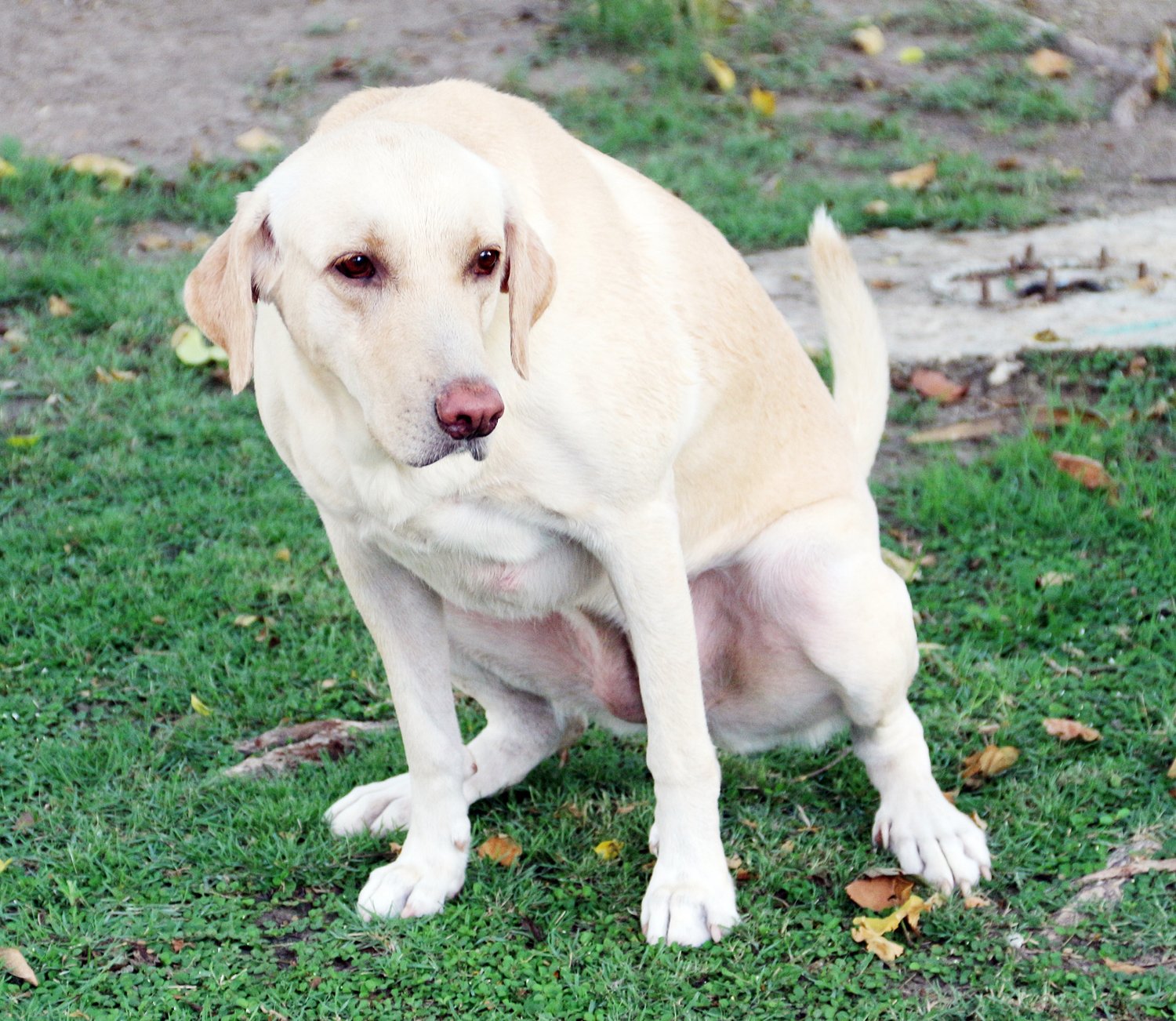
Urinary tract infections (UTIs) can be a common health issue in dogs that cause discomfort and distress. It is important for dog owners to understand the causes, symptoms, treatment, and prevention of UTIs to ensure the well-being of their furry companions. In this comprehensive guide, we will explore all aspects of urinary tract infections in dogs, providing valuable insights and information to help you recognize, address, and prevent this condition.
Urinary Tract Infections (UTIs) in Dogs
 A urinary tract infection, or UTI, occurs when bacteria infiltrate the urinary tract and multiply, leading to an infection. The urinary tract includes the bladder, kidneys, ureters, and urethra. In dogs, UTIs can be caused by various factors, including bacterial infections and underlying health issues.
A urinary tract infection, or UTI, occurs when bacteria infiltrate the urinary tract and multiply, leading to an infection. The urinary tract includes the bladder, kidneys, ureters, and urethra. In dogs, UTIs can be caused by various factors, including bacterial infections and underlying health issues.
One of the key indicators of a UTI in dogs is frequent urination. Dogs may exhibit increased urgency to urinate, often straining to empty their bladder fully. Accidents in the house, especially when the dog is typically house-trained, can also be a sign of a UTI. Additional symptoms may include blood in the urine, a foul odor, and signs of discomfort or pain.
To diagnose a UTI in dogs, a veterinary examination is necessary. The veterinarian will conduct tests, such as urine analysis and urine culture, to identify the presence of bacteria and determine the appropriate treatment. In some cases, imaging techniques may be used to further evaluate the urinary tract.

In addition to medical treatment, supportive care at home is crucial for dogs with UTIs. This includes maintaining good hygiene by regularly cleaning the genital area and providing ample water intake to flush out the urinary tract. Encouraging regular urination by taking your dog out for frequent bathroom breaks is also beneficial.
Prevention plays a significant role in managing UTIs in dogs. Promoting good urinary tract health involves providing proper hydration and a balanced diet. Avoiding potential risk factors, such as holding urine for prolonged periods or inadequate hygiene practices, is essential. Regular veterinary check-ups can help unearth any underlying health issues that may contribute to UTIs.
Certain dog breeds may be more prone to UTIs due to anatomical factors or genetic predispositions. It is important to be aware of these breed-specific considerations and provide appropriate care and vigilance.
Senior dogs are at a higher risk of developing UTIs. As dogs age, their immune system and urinary tract function may decline. Age-related preventive measures, such as regular veterinary check-ups and special attention to hydration and hygiene, are particularly important for senior dogs.
Frequently Asked Questions (FAQs):
Q: Can I treat a UTI in my dog at home?
A: It is crucial to consult a veterinarian for proper diagnosis and treatment of UTIs in dogs. Home remedies or over-the-counter medications may not effectively address the infection and can potentially worsen the condition.
Q: Are female dogs more prone to UTIs?
A: Female dogs have a shorter urethra, making it much easier for bacteria to travel to the bladder. However, both male and female dogs can develop UTIs.
Q: Can UTIs be prevented through diet?
A: A balanced diet can contribute to overall urinary tract health, but it is not a guarantee against UTIs. Other preventive measures, such as regular bathroom breaks and hygiene practices, are equally important.
In conclusion, recognizing and addressing urinary tract infections in dogs promptly is vital for their well-being. By understanding the causes, symptoms, treatment, and prevention of UTIs, you can take proactive steps to ensure optimal urinary tract health in your canine companion. Remember, consulting with a veterinarian is crucial for an accurate diagnosis and appropriate treatment. With proper care and attention, you can help your beloved dog live a happy and healthy life, free from the discomfort of UTIs.






